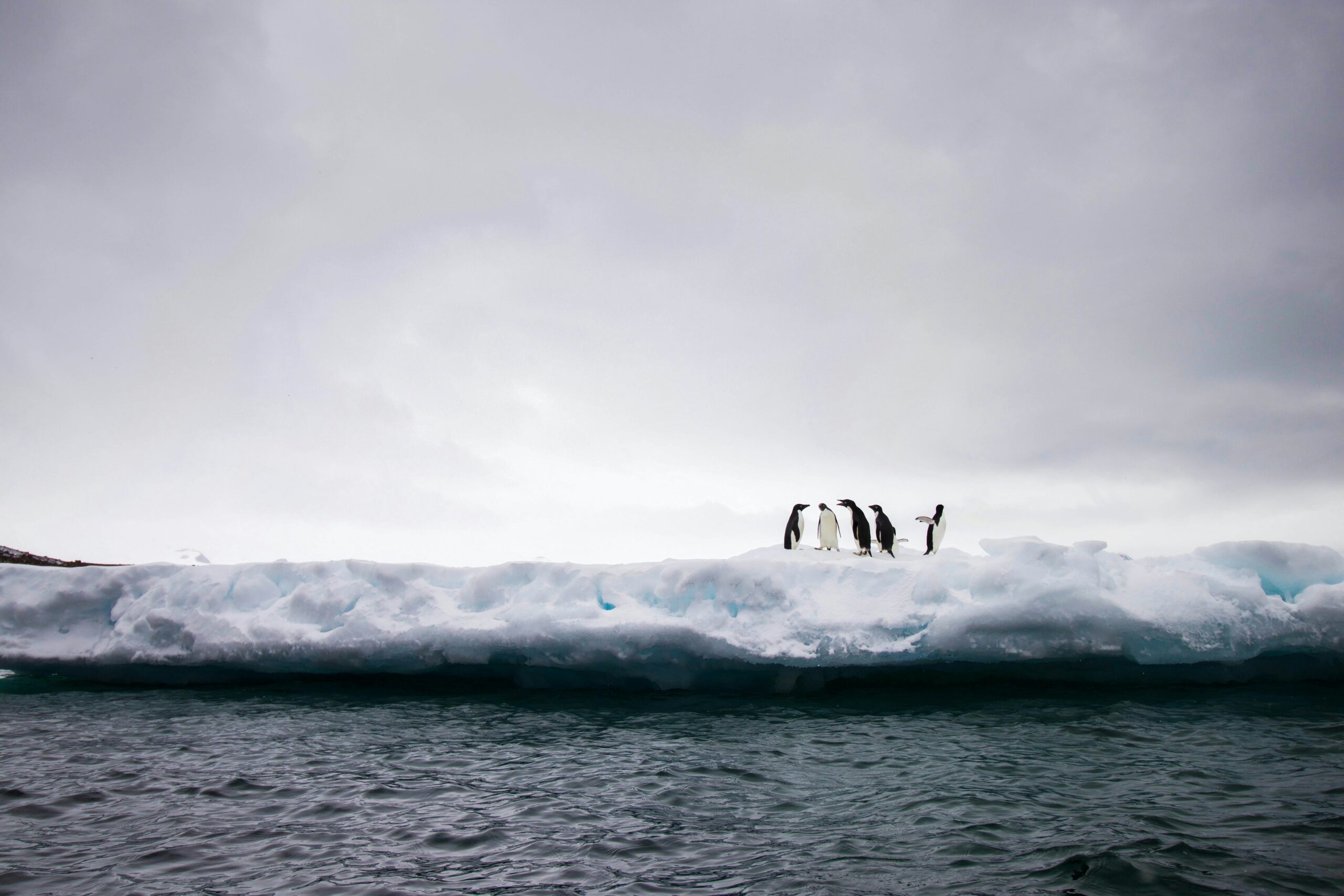
Scientists meeting at the Royal Society in London this week will do so under the thick cloud of a stark warning to the rest of the world: that dramatic and extreme changes are occurring in the Antarctic faster than expected, with consequences that will affect us all.
From collapsing ice shelves and record-low sea ice to powerful storms and threats to fragile ecosystems, researchers warn that Antarctica – often seen as remote and untouched – is now reaching dangerous tipping points that could accelerate global heating, raise sea levels, and disrupt weather patterns worldwide.
The risks posed by the rapid changes across the polar region are no longer distant or theoretical, scientists have stressed, outlining that extreme events are already becoming more frequent and severe with the possibility of crossing irreversible tipping points growing by the day.
“Antarctica is changing faster than we ever imagined,” said Professor Michael Meredith from the UK National Climate Science Partnership and an oceanographer at the British Antarctic Survey. “These changes are already affecting communities and ecosystems worldwide. Urgent action to cut greenhouse gas emissions and strengthen resilience is essential if we are to avoid crossing dangerous thresholds.”
With this warning, the tone of the two-day meeting in London this week has now been set. The British Antarctic Survey’s director, Professor Dame Jane Francis will open proceedings by reminding attendees that ‘What happens in Antarctica affects us all.’ This includes issues of extreme weather, ecosystem loss, and rising sea levels.
The Southern Ocean surrounding Antarctica absorbs most of the excess heat caused by greenhouse gas emissions. This is already fuelling more powerful storms, heatwaves, and rainfall globally that disrupt lives beyond the polar regions.
Meanwhile, crucial species such as krill – the hub of the Antarctic food chain – and deep-sea coral and sponge habitats are under threat. These ecosystems support fisheries, biodiversity, and even regulate the planet’s carbon balance.
Lastly, scientists have warned that if Antarctic ice sheets pass key thresholds, sea levels could rise by more than ten metres over the coming centuries, threatening coastal cities, communities, and infrastructure across the globe, including in the UK. What’s more, evidence from the past shows that change originating in the Antarctic has the potential to spread rapidly, sometimes within decades, with potentially “devastating consequences” globally.
